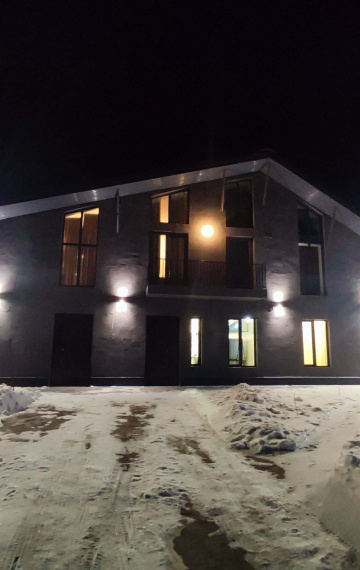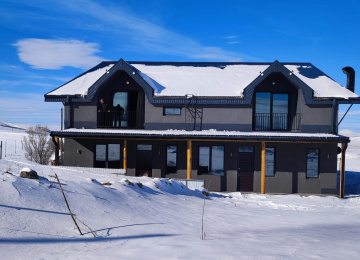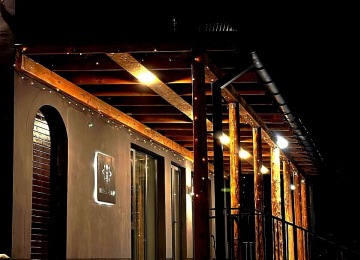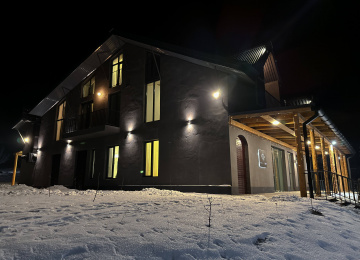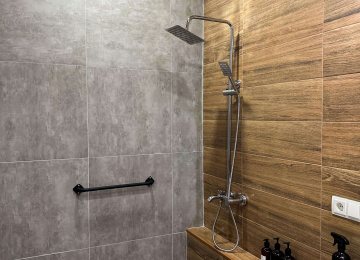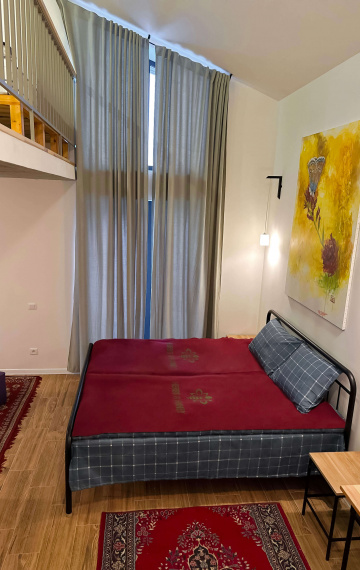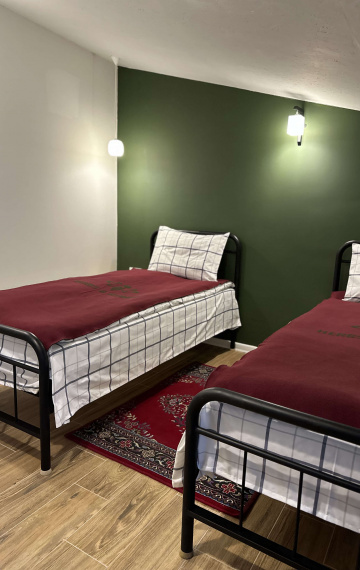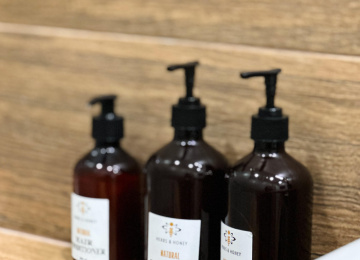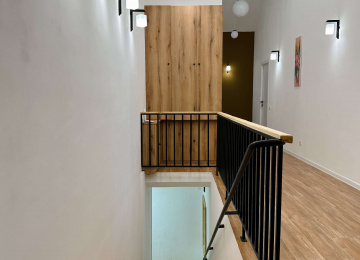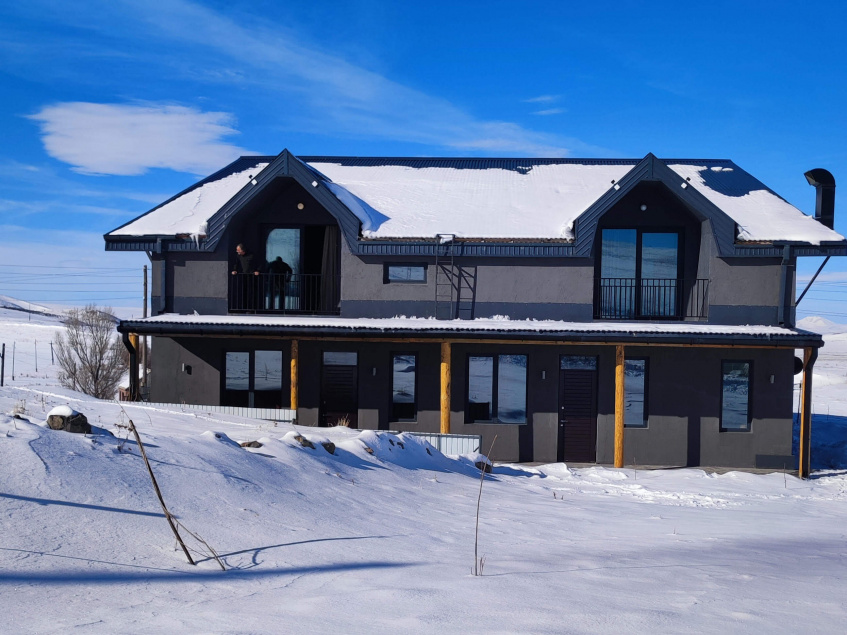
With a degree in economics from a university in Armenia, a project management diploma from Geneva University in Switzerland, a degree in international relations from the prestigious London School of Economics in the UK, and 18 years of living and working in Switzerland, Artush Yeghiazaryan could have remained comfortably settled in Western Europe.
But in 2017, the 49-year-old Yeghiazaryan upped sticks and moved back to his native Armenia, hoping to help his homeland develop by starting his own new business venture – the “Herbs & Honey” teashop and restaurant in Gyumri, the second-largest city in the north of Armenia.
However, the idea for this bold move didn’t just appear from nowhere, as Yeghiazaryan explains.
“Herbs & Honey is a social undertaking,” he says. “Its inception goes back to 2012, when in Switzerland I and a few friends came together and started small-scale projects to help populations affected by the mining industry in Armenia to develop honey and herbal teas to make ends meet, fight for nature, and not have to work in the mines.”
The Herbs & Honey teashop – a place to market the goods produced by the small social projects – was thus a logical development. The small shop, which opened in Gyumri in 2018, serves healthy food and sells honey, spices, homemade crafted embroideries and ceramics, more than 50 types of herbal teas, natural lemonades and detox cocktails, coffee and cakes.
Over 20 people are employed and some 10 family businesses benefit from the shop’s operations through supplying their products. The company helps family businesses set up production and bring their goods to the market to ensure self-sufficiency.
The next of Yeghiazaryan’s initiatives – the Herbs & Honey boutique hotel in the village of Vardaghbyur, Ashotsk region – was another logical development. The businessman opened the new hotel with the support of the EU4Business project.
“We visited the Ashotsk region in north-western Armenia, and discovered a place that was amazingly beautiful and rich in flora and fauna, but utterly underdeveloped,” Yeghiazaryan recalls.
Realizing the great tourist potential of the region, which lies at an altitude of 2,000 metres, and which has abundant snow cover and water sources, Yeghiazaryan organised trips to do yoga there. They also discovered local plants and flowers, mineral water sources, rivers and lakes, and Armenian national treasures of nature, such as Lake Arpi and the Trchkan Waterfall.
“Having brought tourists there on numerous occasions, we realised there was a need for a house where we could have a meal and relax after hiking, yoga and other discovery activities,” says Yeghiazaryan.
So the idea of opening a hotel was born. Yeghiazaryan bought an abandoned one-floor, 180 square metre house in a dilapidated condition in the village of Vardaghbyur.
They needed some assistance to achieve their goals, and it was thanks to EUR 32,000 EU4Business grant awarded in 2022 that they were able to renovate the entire building. The hotel has been up and running since January 2024.
“With the EU’s support, we furnished the hotel with beds, chairs, tables, wardrobes, and installed the doors. The support was of great help,” says Yeghiazaryan.
Yeghiazaryan’s ideas and designs transformed the house into a small, two-floor boutique hotel with an area of 600 square metres, capable of accommodating up to 30 guests, and with a restaurant area for up to 40 diners.
The hotel’s eight comfortable rooms can accommodate groups attending seminars, off-site meetings, and team building events.
“What started as a simple love for nature later became a successful business with the potential for long-term and sustainable development,” Yeghiazaryan concludes.
The EU4Business “Innovative Tourism and Technology Development for Armenia” (ITTD) project is currently ongoing in Armenia. Its overall objective is to promote shared, balanced, and inclusive growth in the tourism and innovative industries. The project works with innovative tourism ventures in the northern regions of Armenia, providing support to hi-tech and innovative entrepreneurs, organizing international knowledge exchanges for hi-tech researchers, and establishing networks to foster a business culture among students and the general public.
Under the ITTD project, more than 150 ventures have already received support, which has helped sustain or generate a total of 1415 jobs, and provided training for over 1,000 individuals.

